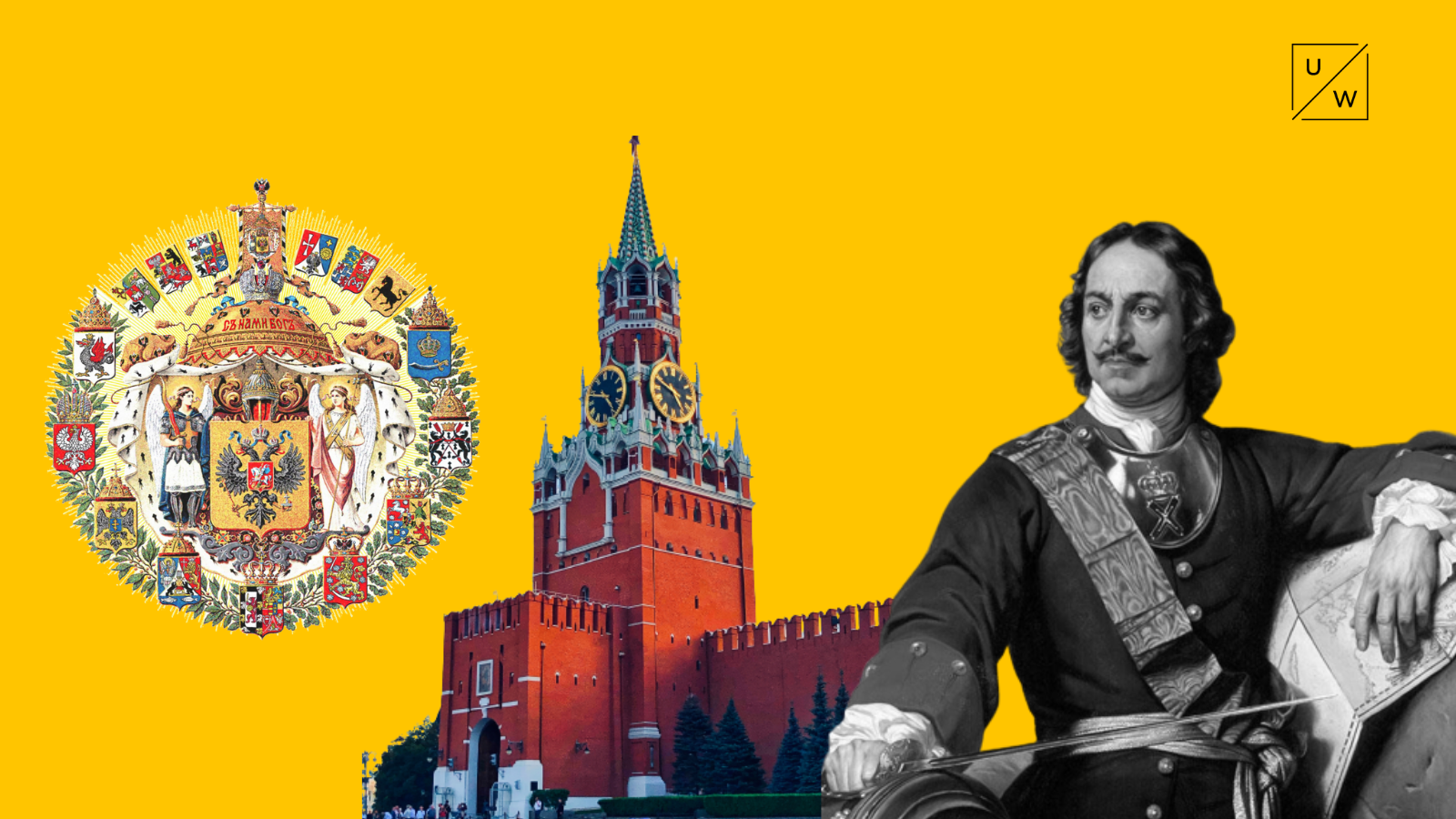What should we know about Russian imperialism? Vera Tolz, professor of Russian studies at the University of Manchester, explains.
Key points — in our brief
- Putin's ideologists depict the Russian national state within the borders of the Russian Empire. They believe that the Russian empire IS the nation state.
- Russian imperial state is going back to Peter the Great or even the conquest of Kazan. The remnant of the Mongol empire in the late 16th century was a land-based empire with an authoritative system of rule.
- In the 19th century, there were two imperial approaches in Central/Eastern Europe. Habsburgs' approach was to neutralize demands of non-German speaking minorities by giving them greater autonomy. Russian approach was to remove elements of autonomy of non-Russians.
Without other Slavic people, incl. Ukrainians, ethnic Russians constituted a minority in the Russian empire. Therefore, they needed an idea of a "greater" Russian nation, which would encompass Russians, Ukrainians and Belarussians.
- The important point in the understanding of Russian nationalism is that the post-1991 Russian Federation is a fragment of the empire rather than a nation-state.
- The war in Ukraine is justified by the Kremlin with the rhetoric of the mid-19th century: "wherever the Russian imperial flag has ever been raised once should remain the Russian territory forever".
- Russian political and media establishment rejects the very possibility of critically assessing the Russian cultural legacy. Putin uses Dostoevsky's ideas of the Russian messianic role in the world.
Conclusion: Russian culture and history should be studied critically; approaches of the imperialism and colonialism studies should be applied to Russian culture and literature, as they are applied to the Western ones.
This material was prepared with financial support from the International Renaissance Foundation.
Learn more by listening to the full episode of our podcast:

